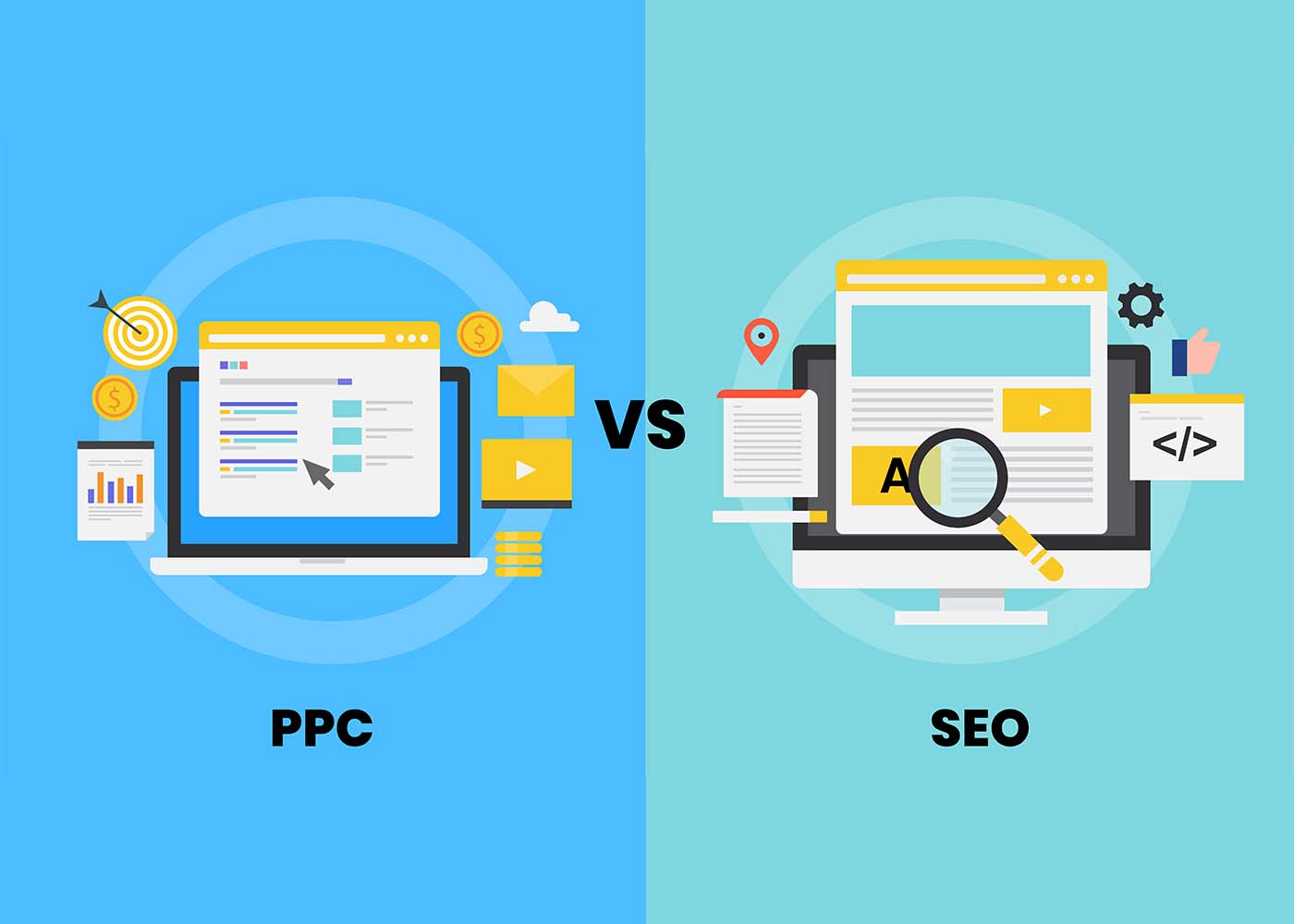Social proof is one of the most powerful psychological principles we have to influence human behavior. It’s based on the idea that we take our cues from other people in times of uncertainty and look to what they’re doing or saying around us when it comes to making decisions. And marketers have been using this concept for centuries, whether overtly or unknowingly, as part of their marketing approaches. But now with digital marketing becoming increasingly prevalent, there’s even more opportunity – and need – to understand how social proof can be harnessed to drive conversions online. In this blog post, we’ll explore the science behind why social proof works so well in driving digital marketing conversions, as well as how you can apply these findings directly to developing high-impact campaigns that capitalize on its power.
What is the Science of Social Proof
The Science of Social Proof is a fascinating concept that has become increasingly important for digital marketing conversions. Essentially, social proof involves using references from other people and their experiences to influence our own decisions. We are more likely to trust and follow the opinions of others, whether they are strangers or friends than to rely solely on our own judgment. For digital marketers, this means leveraging social proof in order to build trust with potential customers and increase the likelihood of a purchase or conversion. By showcasing positive reviews, user-generated content, and social media endorsements, brands can tap into the power of social proof and ultimately drive greater business success.
Six Types of Social Proof and Their Impact on Digital Marketing Conversions
Social proof is a powerful tool in digital marketing that can provide a significant boost to your conversion rates. There are six types of social proof that you can leverage to influence potential customers: expert, celebrity, user, the wisdom of the crowd, the wisdom of friends, and certifications.
- Expert social proof uses the endorsement of trusted industry authorities to build credibility.
- Celebrity proof involves using the influence of famous faces to generate interest.
- User social proof leverages testimonials from satisfied customers.
- Meanwhile, the wisdom of the crowd and friends both rely on the influence of people’s peers.
- Certifications show that your brand has been recognized by authoritative bodies, thereby building trust.
By understanding the different types of social proof and using them strategically, you can better connect with your audience and drive more conversions.
The Psychology Behind Social Proof – How Does It Work
Human beings are social creatures and we tend to mimic our peers without even realizing it. This constitutes the core of social proof and it’s something every marketer is trying to tap into. So what is it exactly? Social proof is the concept of people looking to others as a sign of what actions to take. It’s the theory that if everyone else is doing something, then it must be the right thing to do. Social proof is all about validation and the belief that if others before us have made similar choices, then it must be the norm and therefore, the right thing to do. And the impact of social proof is so powerful, it can affect our opinions, actions, and beliefs – even when we don’t consciously realize it.
Examining the classic psychological experiments that exemplify Social Proof
As we look back into the realm of psychology, some experiments still remain iconic and thought-provoking. These experiments display how an individual’s actions can be heavily influenced by others around them. Often referred to as social proof, it is a phenomenon that still exists in our society today. Through famous experiments such as the Asch conformity experiment and the Milgram obedience experiment, scholars were able to observe how individuals would conform or obey others, even if it may go against their personal beliefs or morals.
Four Best Practices For Building Trust With Social Proof
Trust is a crucial aspect of any business, and social proof can go a long way in building it. By presenting evidence of an exceptional customer experience, businesses can establish credibility and win the trust of potential customers. To effectively leverage social proof, here are four best practices to follow.
- First, gather reviews and testimonials from satisfied customers and prominently display them on your website.
- Second, use influencer endorsements to highlight the value of your products or services.
- Third, leverage social media to humanize your brand and engage with your customers.
- Finally, collaborate with other businesses to demonstrate the efficacy of your offerings.
By implementing these best practices, you can build a strong foundation of trust with social proof and establish yourself as a reliable, reputable brand.
Social Proof: Harnessing the Power of Influencers for Maximum Engagement
When it comes to social proof, influencers are undoubtedly the masters. With their massive followings and ability to influence purchasing decisions, it’s no wonder why so many businesses are turning to them to increase their reach and credibility. But it’s not just about finding the biggest influencer out there. It’s about finding the right influencer who aligns with your brand and message and can authentically promote your product or service in a way that resonates with their followers. This is where harnessing the power of influencers truly becomes valuable. By partnering with the right ones, you can take your business to new heights and unlock the potential of social proof.
a) Best practices for utilizing User-Generated Content
From reviews and testimonials to user-generated photos and videos, UGC can not only increase brand awareness but also build trust and credibility with customers. However, it’s important for businesses to follow best practices when utilizing user-generated content. This includes obtaining permission from users before sharing their content, moderating the content to ensure it aligns with the brand’s values, and giving credit where credit is due. By effectively leveraging user-generated content, businesses can improve their overall marketing efforts and foster stronger relationships with their customers.
b) How to Use Customer Reviews to Enhance Your Digital Presence
You can start by monitoring reviews and responding to them promptly. Use these reviews to improve your offerings and promote positive customer interactions. You can also feature positive reviews on your website and social media platforms to showcase your brand’s credibility and build trust among potential customers. By utilizing customer reviews effectively, you can enhance your digital presence and drive more sales.
Examples of Brands That Utilize Social Proof
Social proof is the new currency for brands today. Whenever you see a brand making a statement, you might question its credibility. However, when you see positive reviews, ratings, and recommendations from other users, you tend to believe it more. Many brands have taken advantage of this psychological factor, and here are some examples of brands that have successfully utilized social proof- Nike, Amazon, TripAdvisor, and Apple. Each of these brands has used different methods to harness the power of social proof to their benefit. Nike uses celebrity endorsements, Amazon showcases customer reviews, Tripadvisor is primarily reliant on user-generated content, and Apple has customer ratings and reviews on their website. All of these brands have established a loyal customer base by effectively demonstrating the social validation of their products.
Conclusion
All in all, social proof is an incalculably valuable tool for marketers, as it extends far beyond simply building trust with potential customers. Put into practice, its science can exponentially increase your digital marketing conversions. The six different types of evidence should be a part of any successful digital marketing strategy, as should customer reviews and influencers when possible. The most effective social proof strategies to use will vary from brand to brand, so ensure that you understand the profile of your target audience, and customize the approach accordingly. With the right combination of information and attestation from trusted sources, a digital marketing agency can harness the psychological power behind social proof for maximum effect and drive conversions and build consumer relationships.





























